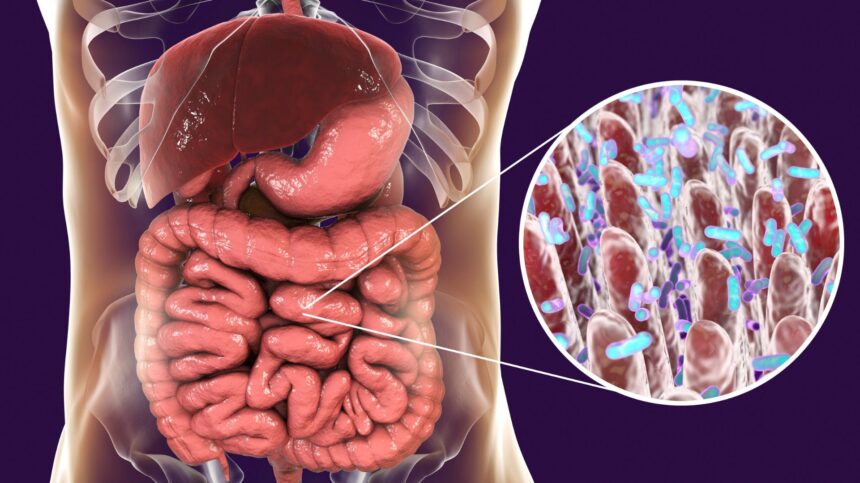Intestinal obstruction, commonly known as bowel obstruction, is a serious medical condition that demands immediate attention. It occurs when there is a blockage in the small or large intestine, disrupting the normal passage of food and waste. This blockage can either be partial or complete, leading to a series of complications if not addressed promptly.
What Causes Intestinal Obstruction?
Several factors can lead to the development of intestinal obstruction. These include:
- Abdominal Adhesions: Bands of tissue that form between abdominal tissues and organs.
- Volvulus: Twisting of the intestine that causes a blockage.
- Intussusception: Narrowing of the intestine due to one part sliding into another.
- Perforation: A hole in the intestine that allows contents to leak into the abdominal cavity.
- Scarring: Resulting from surgery, infection, or tearing, which can narrow the intestines.
- Tumors: Both benign and malignant growths can obstruct the bowel.
- Inflammatory Bowel Disease (IBD): Conditions like Crohn’s disease and ulcerative colitis.
- Diverticulitis: Inflammation of small pouches in the intestinal lining.
- Foreign Objects: Ingested materials that cannot be digested.
- Hernia: Where part of the intestine protrudes through a weak area of the abdominal wall.
Patients with a history of abdominal surgery, Crohn’s disease, cancer, or those who have undergone radiation treatment are at an increased risk.
Symptoms to Watch For
The symptoms of intestinal obstruction can vary but often include:
- Severe abdominal pain and cramping
- Vomiting
- A bloated abdomen
- Loud bowel sounds
- Constipation or diarrhea (in cases of partial blockage)
- Lack of appetite
Diagnosis and Treatment
Diagnosis involves a physical exam and may include imaging tests like X-rays, CT scans, and ultrasounds. Treatment typically requires hospitalization and may include:
- Stabilization: Administering IV fluids and relieving abdominal bloating.
- Barium/Air Enema: Especially for children with intussusception, to clear the blockage.
- Surgery: Necessary for complete obstructions to remove the blockage and any damaged tissue.
- Pseudo-Obstruction Management: Involves nutritional support and medications to improve muscle contractions for cases without physical blockages.
Preventative Measures
While not all intestinal obstructions are preventable, some lifestyle changes can reduce the risk:
- Eating a balanced diet low in fat and high in fruits and vegetables.
- Staying hydrated.
- Avoiding smoking.
The Role of Chennai Gastro Care
Chennai Gastro Care stands as a beacon of hope for those suffering from intestinal obstructions. With a dedicated team of experienced gastroenterologists, the institute offers a range of treatments tailored to address the complexities of digestive tract issues, promising optimal outcomes for patients.
Conclusion
Intestinal obstruction is a condition that requires immediate medical intervention to prevent serious health complications. Understanding the causes, symptoms, and treatment options is crucial for managing this condition effectively. With the right care and lifestyle adjustments, individuals can navigate this challenging condition and maintain their digestive health.
Remember, if you or someone you know is experiencing symptoms of intestinal obstruction, seeking prompt medical attention is paramount. Let the expertise of specialists guide you through diagnosis and treatment, ensuring the best possible recovery and quality of life.

